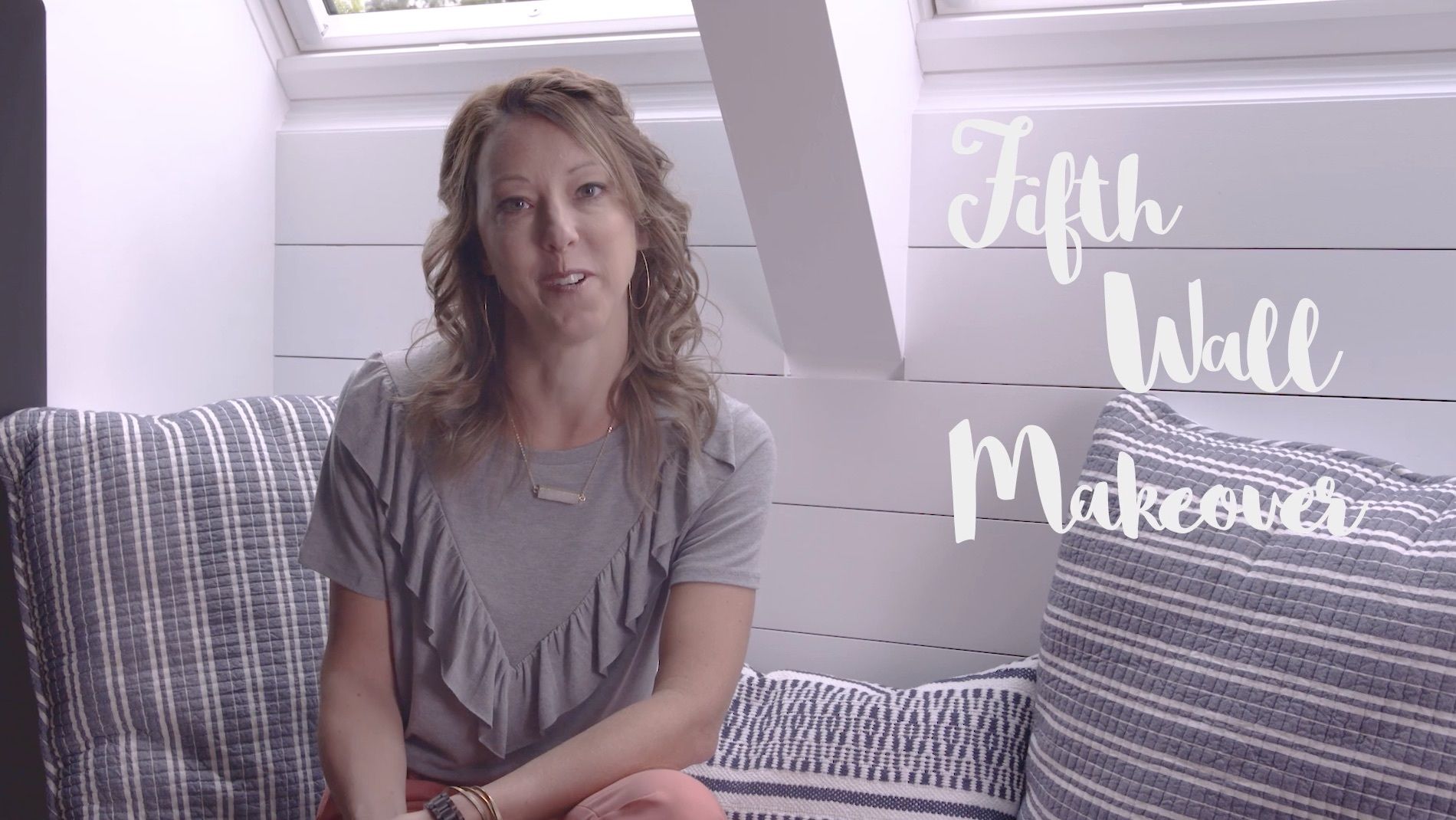Though a new roof isn t all that glamorous you ll understand its importance in a big way should an old roof fail allowing water to destroy the inside of your home from the attic insulation down through the painstakingly remodeled kitchen right on through to the basement family room with big screen tv.
Phases of installing a roof.
There s a definitely logic and system for installing shingles properly and many diy roofers run into problems during this stage.
Have a professional inspect the roof for any causes of leaks such as loose or missing tiles lifted flashing and blocked or rusted gutters.
This is your first line of defense against wind rain and other elements.
Install the second course just like the first using the guidelines on the underlayment to get the correct overlap.
Secure the underlayment with nails that are at least 2 inches from the edge of the roof.
It s a good idea to have your attic checked at the same time as your attic will quickly reveal if your roof is leaking.
Install the underlayment for the new roof tile next working with 10 foot sections at a time.
If your roof has a steep slope install the battens next which are thin strips of material that run horizontally along the roof.
When an ice dam forms on a roof usually caused by poor attic insulation ventilation ice and water can work their way up under the shingles and leak back into the house.
From questions about the cost involved to knowing the installation pitfalls to watch out for there s a lot of information that you need to familiarize yourself with if you want a successful replacement with no costly.
Installing the roof cover.
The outer layer of roofing consisting of shingles is known as the roof cover.




























